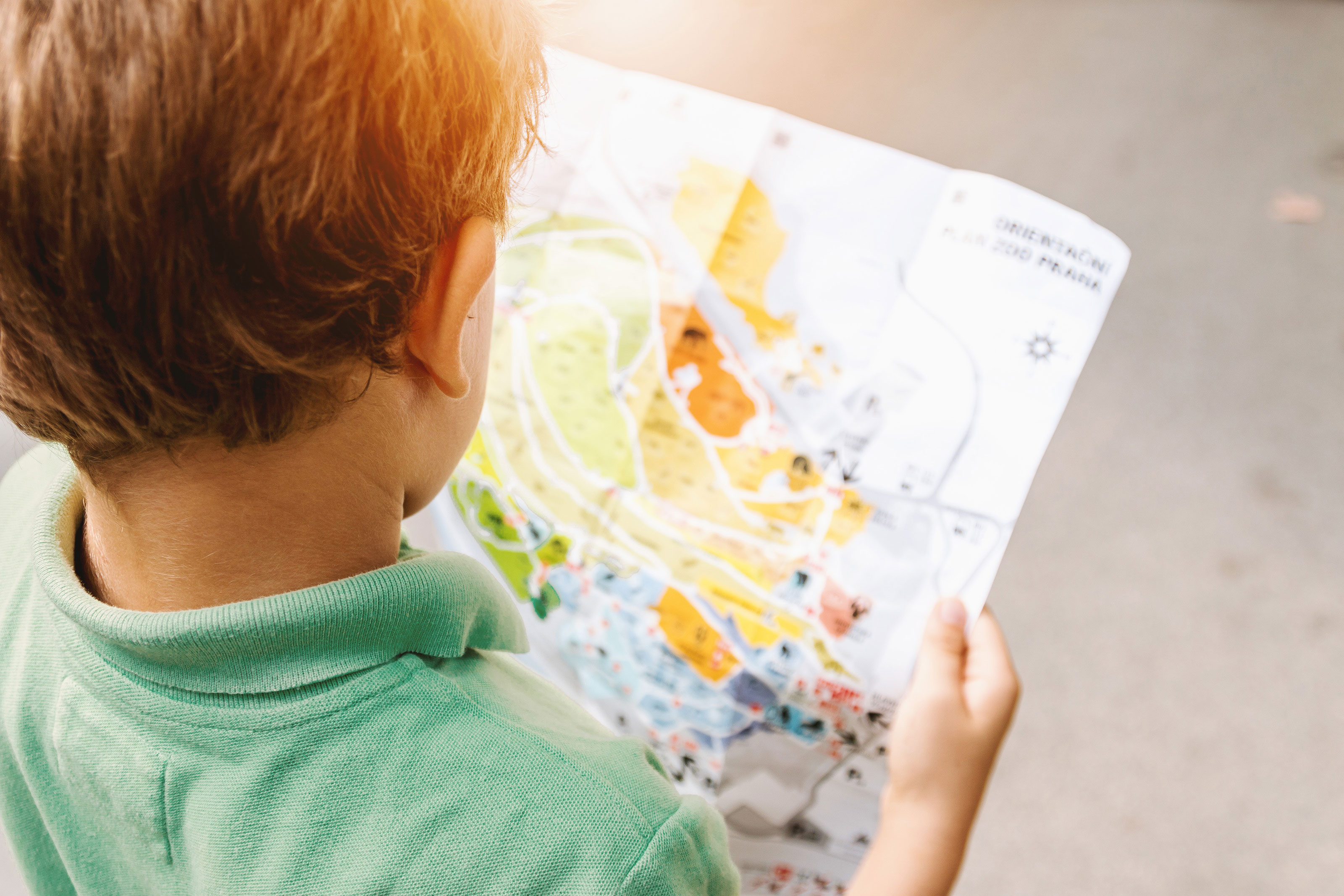Involving children and young people in the management of disasters reduces their impact on society as a whole
This is what the UOC's CUIDAR study confirms, pointing out that young people are demanding training in the emotional management of these situations and adapted self-protection plans
Society will be better able to recover from catastrophes if it listens to and heeds the opinions of children and young people, through participatory processes, when designing civil defence protocols. This is one of the conclusions of the CUIDAR project, led by the researcher Israel Rodríguez Giralt, a member of the IN3-UOC's CareNet research group. The conclusions of this project, in which about a hundred minors from around Spain have taken part, were discussed this Thursday at the CaixaForum in Barcelona – “How to promote the resilience of children and young people. Disaster participation and management” – attended by the researchers and experts in civil defence and children's rights.
"The research's results show that, as well as being one of children's rights, participation is a very useful means for engaging them in disaster management and in contributing quality ideas to the people who work in this field. This is what helps the population most to become resilient", says Rodríguez Giralt.
In this project, CUIDAR has worked with 90 children and teenagers aged between 9 and 18, who lived in different towns and had certain experiences that meant that the subject of disasters was relevant to them. Applying this criterion, the working groups were from Gandesa, Sant Celoni, Lorca and Ciutat Meridiana (Barcelona).
Giving a voice to children has tangible positive effects
The researcher mentions three issues that the research has revealed as possible focus areas both for government and for the agents involved in emergency and civil defence plans.
- The need to have better emotional management tools. The minors have stated that there is no real training in self-control and emotion management when faced with catastrophes. "They tell us we must do more than just explain what a disaster is or what the emergency plan is; we must also train people in recognizing and controlling fear", says Rodríguez Giralt.
- Boost self-protection programmes. They state that they are not designed for children, assuming instead that if there is an emergency, there will always be an adult nearby. They ask us for plans that help develop self-reliance in decision-making.
- Interest in working with experts in risk reduction. In general, the children think that they have good communication skills and that they can help in this type of situation, particularly through their knowledge of the social media.
Traditionally, the civil defence culture has tended to treat boys, girls and teenagers as a passive and vulnerable group; more as recipients of care and education than as active players who should be listened to and integrated in disaster management.
The goal of the CUIDAR project is to redress this situation by strengthening this population group's resilience in disaster situations and enhancing their role in the management of this type of event. Thus, CUIDAR seeks to understand how children and young people experience a disaster situation, identify how the agents involved in catastrophe management can provide effective support to this group, develop innovative communication tools and spaces to do this, and provide input for the management of emergency and disaster situations, with the aim of strengthening a participative culture that is able to take into account the needs of children and young people.
Children who have experienced personally a tragedy
"We have worked with different profiles because one of the project's objectives is to challenge the idea that children are a homogeneous population group", Rodríguez Giralt explains. "Our intention has been that the subject of disasters should resonate in some way in these children's day-to-day lives. We wanted them to identify ideas, solutions, etc., focused on issues that cause them concern".
This part of the research work was carried out using participative workshops between October 2016 and February 2017.
In a second phase, between April and May, the minors shared their experiences with experts. "It is a summative project in which the children's voice has been enriched with the work with the experts. The resulting debate has generated demands from the children that tell us what concerns them and suggest how they can contribute", says Rodríguez Giralt, who adds that "it can be a very enriching experience for the professionals who work in this field, since they acknowledge that they are not reaching this audience and they often do not know how to either".
European project
The overall project is coordinated by the University of Lancaster (United Kingdom), with participation from universities and organizations in 4 EU countries: Save the Children, United Kingdom; Universitat Oberta de Catalunya (UOC), Spain; Institut de Ciències Sociais dóna Universidade de Lisboa (ICSUL), Portugal; Save the Children, Italy; Panepistimio Thessalias (UTH), Greece.
Experts UOC
Press contact
-
Editorial department
